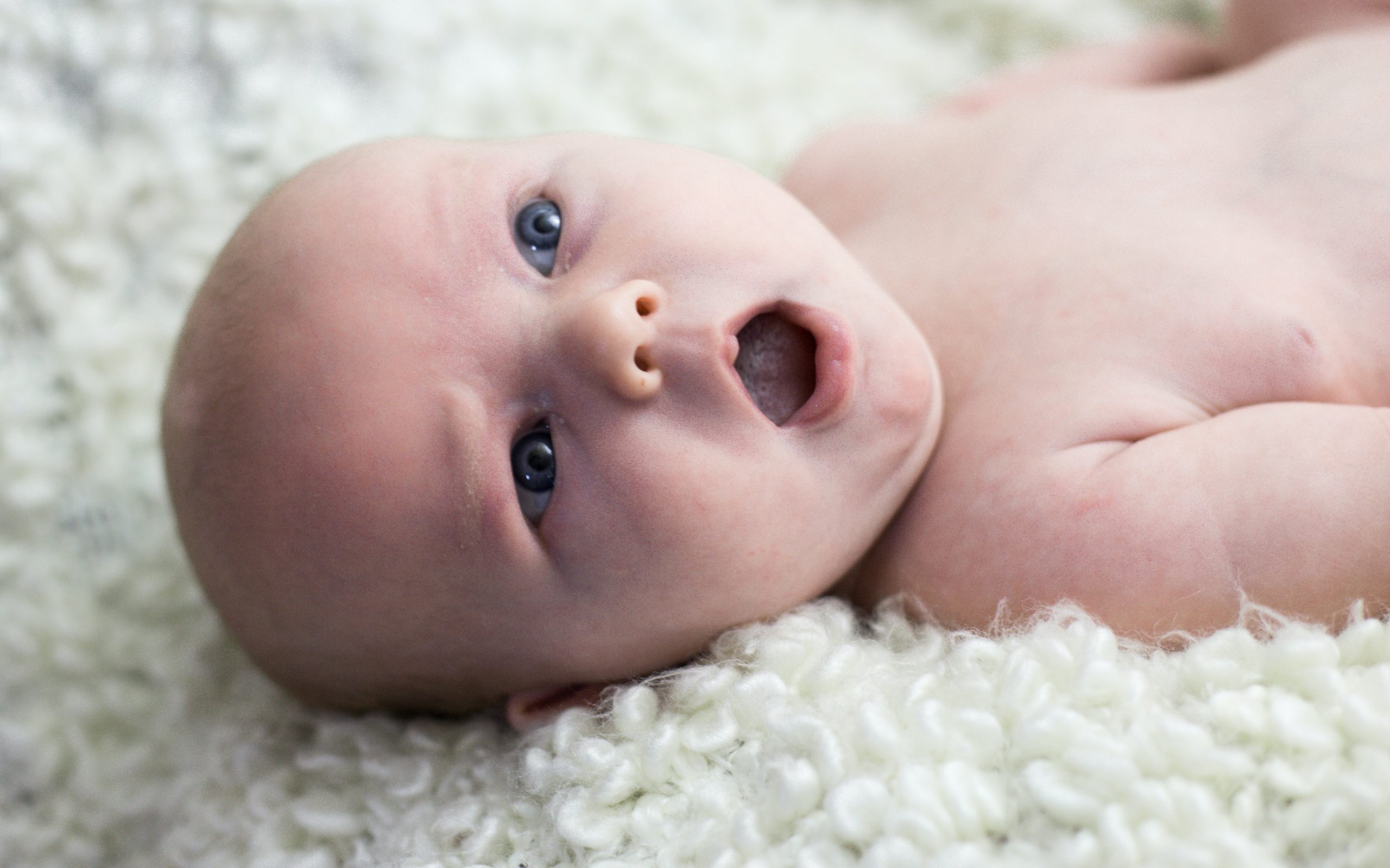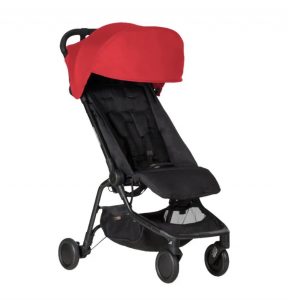What happens during the 4 month sleep regression and will it last forever?

I get it you are wondering How long can the 4-month sleep regression last? Can babies 4 month sleep regression last for months?
Personally, I avoid the term ‘regression’ with it sounding like things are going backward when in fact they are not your little one is leaping forward in their development, which is something to celebrate rather than fear.
It is also very possible to help your little one steer past any sleep strains as confidently and successfully as possible.
Just when you thought you had the perfect dream sleeper, your baby then starts waking up more at night, becomes harder to settle, fights naps and your pre-existing restful nights are out of the window.
Let me help you.
So what is this regression you are experiencing… and when will it end?
How do you know you are in the 4 month sleep regression phase?
The 4 month sleep regression tends to happen somewhere around 3-5 months old. This regression shows that your baby’s sleep cycle is maturing – and this is not a phase, it is a permanent change in the way that your baby sleeps. Around this age your baby starts cycling through sleep in the same way that an adult does.
Your baby will spend more time in a lighter, non-REM sleep stage, potentially causing more frequent wake-ups.
Don’t think that you will be stuck with permanent wake-ups when your baby goes through this regression. The key is for babies to understand how to fall back to sleep each time they naturally wake up between their sleep cycles.
Learning to sleep independently can be hard for some babies, but it is achievable over time. Some babies will just naturally adjust to their newly matured sleep patterns and sleep well again within a few weeks, others need some guidance and help to learn new habits in order to sleep well.
What Causes the 4 Month Sleep Regression?
The 4-month sleep regression is a normal developmental milestone and can be very frustrating for parents. If your baby was sleeping well at 3 months and suddenly started waking frequently at night, naps become shorter (often 45 minutes in duration) or your baby acts sleep deprived, then you may be experiencing the 4-month sleep regression. The 4-month sleep regression is also known as the “cry it out” stage because many babies cry a lot during this time period.
4-month sleep regression symptoms:
- The most common symptoms are:
- Baby starts waking frequently at night (1-3 AM)
- Naps become shorter (often 45 minutes in duration)
- Baby is much fussier and acts sleep deprived
- Changes in feeding patterns – breastfeeding moms may experience less milk supply; bottle-feeding moms may experience more frequent feedings due to increased fussiness
Wait, it doesn’t happen at exactly 4 months?
The 4 month sleep regression tends to happen somewhere around 3-5 months old. This regression shows that your baby’s sleep cycle is maturing – and this is not a phase, it is a permanent change in the way that your baby sleeps.
Did you know not even us adults actually ‘sleep through’ the entire night, we stir and sometimes wake up between cycles of sleep. But we understand how to fall back to sleep independently.
Once your bub has mastered this skill he/she will be having restorative peaceful sleep at night.
Ok so now you know about the 4-Month Sleep Regression you need to know How to Deal with it!
There are other things going on at 4 months, your baby may be learning to roll, absorbing language, recognizing faces – there is so much going on inside your little ones mind…
How to get over babies 4 month sleep regression.
Luckily, there are some things you can do to help manage this phase and get back on track with healthy sleeping habits again.
Some babies will just naturally adjust to their newly matured sleep patterns and sleep well again within a few weeks, others need some guidance and help to learn new habits in order to sleep well.
How do we deal with ‘sleep regressions?’ There are a few things that will help you get your little one’s sleep back on track:
- Sleep environment, black out your little one’s room, It can be tempting to let them fall asleep in front of the tv or in bed with you, but ultimately this will not help them sleep well at night. Having a relaxing, consistent sleep environment will help your baby relax and look forward to bedtime.
- It might be time to re-look at your little one’s day time routine. It’s so important to get your little ones naps starting at the right time of day. The reason I mention this is because your baby will be more inclined to settle easier, and to stay asleep (not over-tired or under-tired). A predictable daytime routine can help the family relax and sleep better at night.
- Slowly work on building new sleep associations that your baby can control themselves independently with. If your little one is rocked to sleep for example, try to transition to cuddling to sleep, then gradually move towards putting your baby down drowsy or awake. Keep practicing independent sleep.
- Ask for help and take help whenever it’s offered. Get yourself an early night and take naps when your baby does – all minutes/hours of sleep in the daytime helps you power on through.
If you would like further sleep support, please check out my Sleep Packages. My packages are personally designed to teach you all about how your baby sleeps. I can provide you with a full sleep assessment, including practical suggestions for settling techniques and nice easy routines to follow for yourself and bub.
Happy Sleeping!
Stephanie x







